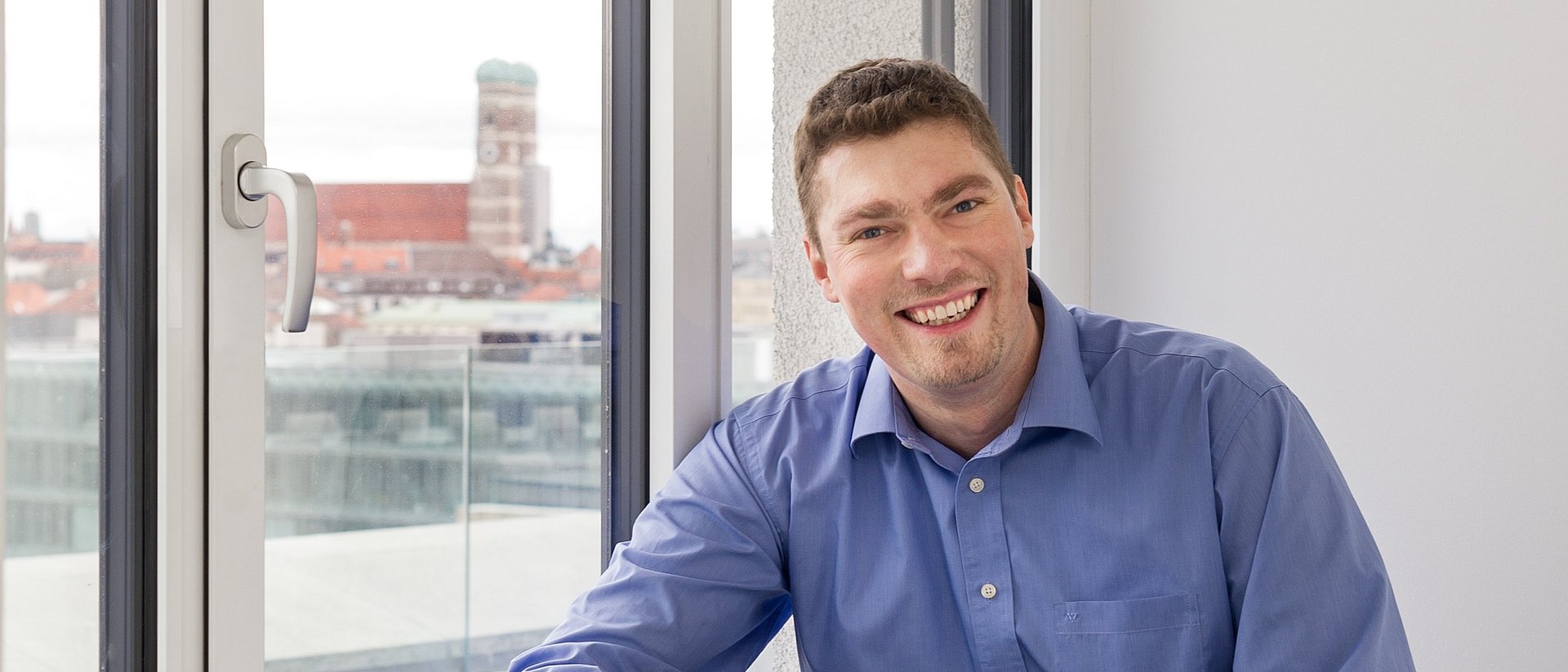Interview with TUM CIO Dr. Hans Pongratz
TUM leads the way in university digitalization

Dr. Pongratz, you were a driving force behind the launch and development of the TUMonline campus management system from the very beginning. And since your appointment as CIO in 2011 you have been in charge of it. Was it important to be active in this area at an early stage?
Very much so. We could never have coped with the rapid growth of our university, including a near doubling of the number of students in the past 15 years or so, without the appropriate technical support. On the TUMonline platform, students, faculty and administrative staff can access central systems to manage every process they need, from admissions applications to graduation. But we are also aware that the development of a platform of this kind is never complete. There are always new operational and technical requirements to implement, not to mention the new cohort of students that arrives every year, ready to work with the system with a critical eye, bringing with them their own needs, perspectives and sometimes new end devices.
For the success of that kind of system, user friendliness plays a crucial role...
Of course. Although that's very easy to say. The implementation is usually quite complex and takes the form of a long and continuous process. There's also plenty of room for debate about design and layout, for example. Along with the best possible support for processes, our focus was on optimal integration into other TUM systems and minimizing discontinuities. From the beginning, we wanted the greatest possible uniformity in the navigation and bilingual interfaces. For our electronic application, admission and registration processes, we were actually chosen for the 2010 Bavarian eGovernment Lion Award by the Bavarian state government.
Recently there was yet another honor: You were named a Digital Champion by the German Forum for Higher Education in the Digital Age. Does TUMonline deserve some of the credit?
(laughing) I wouldn't want to say what projects or systems played bigger or smaller roles. In general, we're on the right track here at TUM. Apart from the personal recognition, my selection as the Digital Champion for Germany was actually sort of an April Fool's prank. The digital champions are in fact named by the EU states themselves, and as the position in Germany was vacant, the move was intended as a subtle reminder that Germany has some catching up to do.
In a new project, you are now working with top international universities such as MIT, Harvard and UC Berkeley to develop forgery-proof certificates using blockchain technology.
Yes, this is a very exciting and promising initiative. Other participants in Europe, alongside TUM, are TU Delft and the Hasso Plattner Institute. There are nine universities in the core working group. We are developing a global standard for a trustworthy infrastructure to exchange digital certificates and proof of academic achievements. While digital technologies have had an enormous impact on research, teaching and learning, and as educational biographies are becoming increasingly individualized, little progress has been made to make such documents more secure and easier to verify. We want to change that. The latest blockchain and digital certificate technologies are ideally suited to that purpose.
When do you expect to have usable results?
I feel confident that we will soon have results to share. We've been cooperating closely since September 2018, have developed a common vision, and are now gradually moving towards implementation. In this phase, the discourse across the global community is very important to us. It's not about creating yet another standalone solution in a crowded field, but rather an approach that can be used by universities and their students around the world.
Can a system like that be integrated into TUMonline?
I don't want to give away too much at this point. But yes, that is a key factor for success and a requirement for widespread use. Without near-seamless integration into a university's existing infrastructure, there will always be problems getting people to accept the new system. In that regard, the technology itself is not very important to many users – the main thing is that it works and is secure, reliable and compliant with data protection standards.
Technical University of Munich
Corporate Communications Center
- Andreas Schmidt
- a.schmidt@tum.de
- +49 89 289 22728
- presse@tum.de
- Teamwebsite